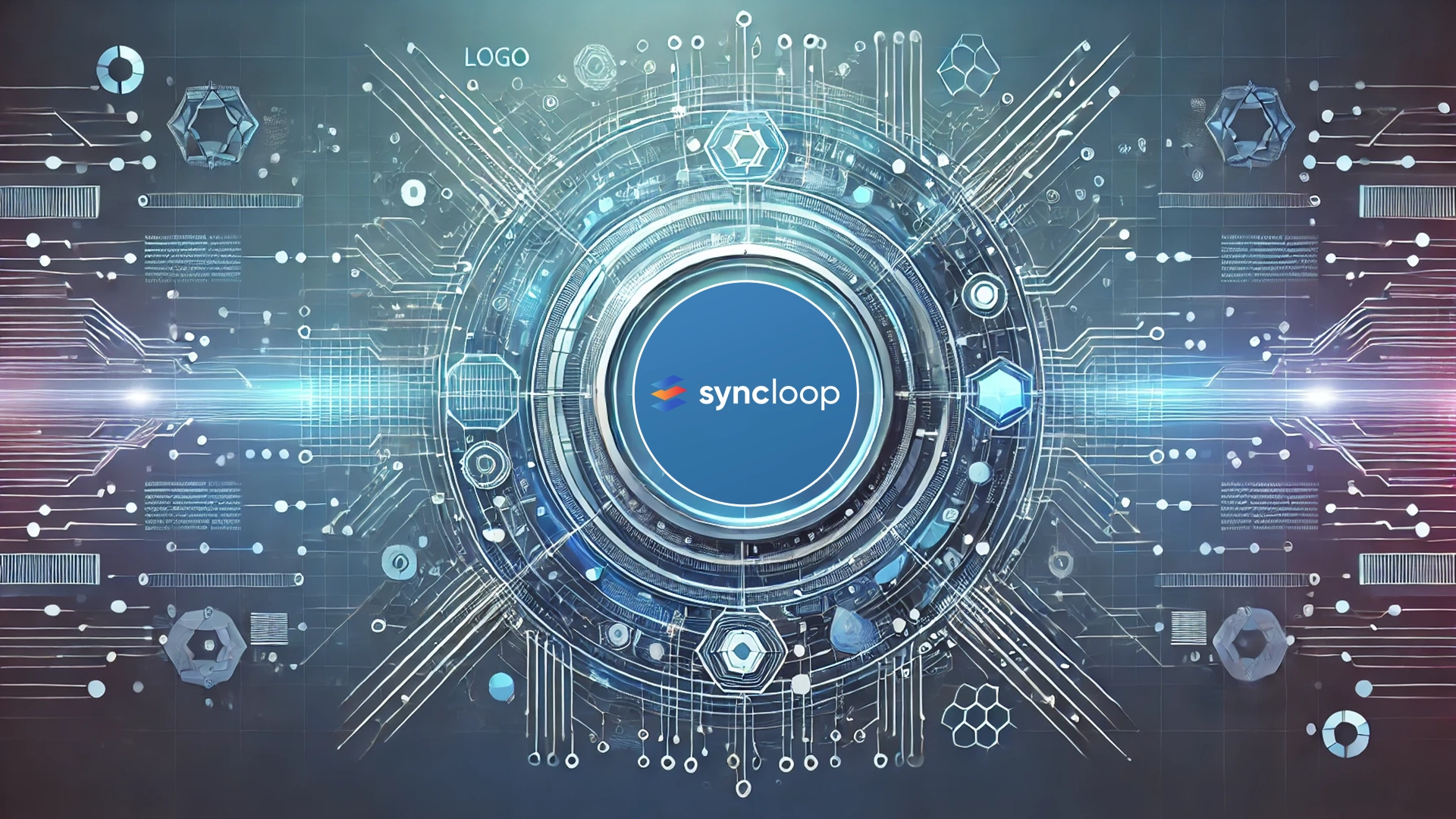Syncloop for APIs in Education Technology Platforms
Posted by: Vaishna PK | December 24, 2024

The Role of APIs in EdTech
APIs act as the connectors between various educational tools, systems, and applications, facilitating:
- Seamless Integration: Connecting learning management systems (LMS), content delivery platforms, and third-party applications.
- Personalized Learning: Leveraging data to tailor educational content and experiences for individual students.
- Real-Time Collaboration: Enabling live interactions between students and educators across platforms.
- Automation: Streamlining administrative tasks like enrollment, grading, and attendance tracking.
- Data-Driven Insights: Providing analytics to improve educational outcomes and operational efficiency.
Challenges in Building EdTech APIs
- Integration Complexity: Connecting diverse tools and platforms within an educational ecosystem.
- Data Privacy and Security: Ensuring student and institutional data is protected and compliant with regulations like FERPA and GDPR.
- Scalability: Managing increased traffic during peak usage periods, such as exams or admissions.
- Real-Time Performance: Delivering instant feedback, updates, and collaboration tools for users.
- Cost and Resource Constraints: Developing and maintaining APIs within budget and time constraints.
How Syncloop Supports EdTech APIs
- Seamless Integration Syncloop enables interoperability between LMS, content management systems (CMS), virtual classrooms, and third-party tools through support for multiple protocols and formats.
- Enhanced Security Features Syncloop integrates token-based authentication, encryption, and access controls to protect sensitive educational data.
- Scalable Infrastructure Syncloop’s platform scales effortlessly to handle increased traffic during peak times like admissions or online exams.
- Real-Time Data Processing Syncloop’s Transformers process data instantly, supporting live collaboration and personalized learning.
- Developer Enablement Interactive documentation, SDKs, and live testing environments make API development and integration efficient and straightforward.
- Compliance and Governance Syncloop ensures APIs adhere to educational standards and regulations, such as FERPA, GDPR, and accessibility requirements.
Key Features of Syncloop for EdTech APIs
- Custom Workflows Syncloop allows institutions to design workflows tailored to their specific educational processes, such as automated grading or personalized assessments.
- Real-Time Collaboration APIs power live features like video conferencing, interactive whiteboards, and chat tools for virtual classrooms.
- Analytics and Reporting Syncloop APIs aggregate data from various sources, providing actionable insights into student performance and engagement.
- Multi-Platform Compatibility APIs enable content delivery across web, mobile, and IoT devices, ensuring accessibility for all learners.
- Resource Optimization Syncloop automates administrative tasks, reducing workload and freeing resources for teaching and learning activities.
Use Cases for EdTech APIs with Syncloop
- Learning Management Systems (LMS) Syncloop APIs enable integration of course materials, assessments, and student data with other educational tools.
- Virtual Classrooms APIs support live video classes, file sharing, and interactive tools for remote and hybrid learning environments.
- Student Information Systems (SIS) Syncloop facilitates the management of student records, admissions, and grading, connecting SIS with other platforms.
- E-Learning Platforms APIs deliver personalized content recommendations, progress tracking, and gamification features.
- Exam and Assessment Tools Syncloop supports real-time grading, proctoring, and feedback for online exams.
- Collaboration Tools APIs enable group projects, discussion boards, and peer reviews, fostering a collaborative learning environment.
Benefits of Using Syncloop for EdTech APIs
- Improved Learning Outcomes: APIs enable tailored and engaging educational experiences, boosting student success.
- Operational Efficiency: Automation reduces administrative burdens, allowing institutions to focus on education.
- Scalability for Growth: Syncloop supports expanding student populations and increasing API usage.
- Enhanced Security and Compliance: Built-in tools protect data and ensure adherence to educational regulations.
- Faster Deployment: Developer-friendly resources accelerate API integration and updates.
Challenges and Syncloop’s Solutions
- Integration Complexity: Syncloop simplifies connecting diverse tools with multi-protocol support.
- Privacy Concerns: Advanced security measures safeguard sensitive educational data.
- Scalability Needs: Syncloop’s scalable architecture ensures reliable performance during high-demand periods.
The Future of EdTech APIs with Syncloop
As the demand for digital learning tools grows, APIs will play a central role in enabling innovation and improving educational outcomes. Syncloop’s robust platform empowers institutions, developers, and educators to build and scale APIs efficiently, driving the evolution of education technology.
A vibrant depiction of interconnected education platforms, including LMS, virtual classrooms, and e-learning tools, powered by APIs, symbolizing the innovation and accessibility enabled by Syncloop in EdTech.
Back to Blogs